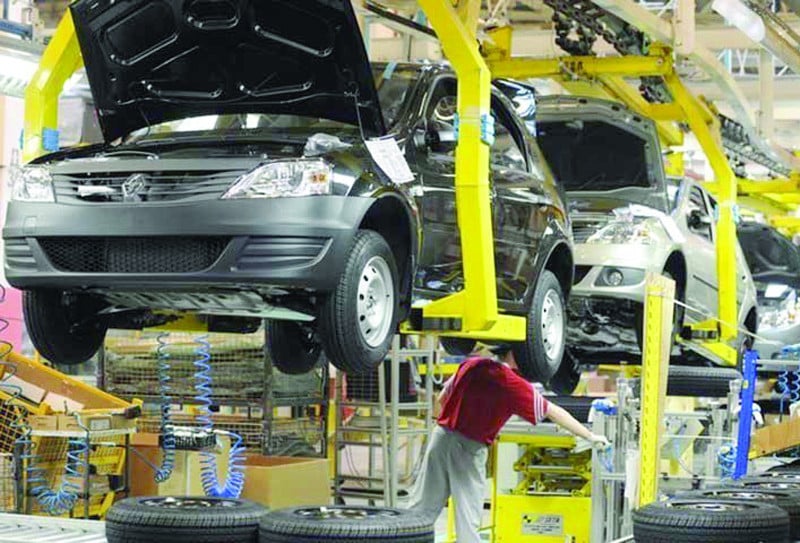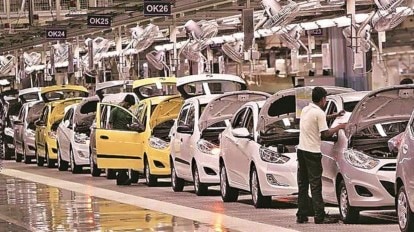The car sales landscape in urban areas has witnessed a notable slowdown, with the most significant impact felt in the entry-level segment. Economic pressures, high-interest rates, and inflationary trends have affected consumer spending power, leading to a reduced demand for cars, especially among first-time buyers and those considering entry-level models. Urban buyers, who traditionally drive a large portion of car sales, are now leaning towards alternative options such as public transportation, ride-sharing services, and electric scooters, contributing further to the slump in vehicle demand.

Source:- bbc news
One of the main factors behind this decline is the rising cost of ownership. High-interest rates on auto loans and elevated fuel prices have made it increasingly challenging for consumers to afford new vehicles. Entry-level models, which generally appeal to budget-conscious buyers, are most affected, as these consumers are particularly sensitive to price hikes. The overall economic uncertainty has also made urban consumers hesitant about making large investments, like purchasing a car.
Source:- news 18
Additionally, younger urban residents are increasingly prioritizing sustainability and are less inclined to view car ownership as a necessity. Many urban dwellers now consider owning a vehicle less desirable due to the maintenance costs and limited parking availability in cities. They are also more likely to adopt eco-friendly practices, opting for options that reduce their carbon footprint.
Automakers are feeling the pressure to adapt to these shifting dynamics. Many are investing in electric vehicles (EVs) and enhancing technology in compact models to appeal to the tech-savvy urban market. However, with the current decline in entry-level car sales, manufacturers may need to revisit pricing strategies and explore alternative financing solutions to revive demand in urban areas.
Share your views in the comments

